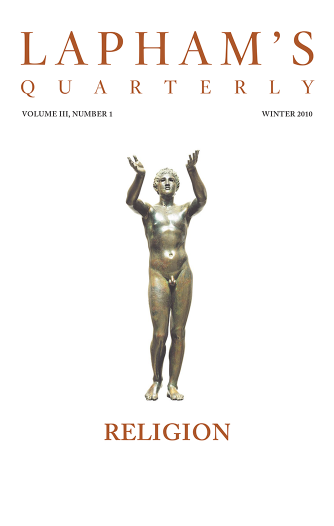About This Text
Antipater of Thessalonica, “On a Water Mill.” Preserved in the Greek Anthology, a collection of around 3,700 Greek epigrams, songs, and epitaphs dating to as early as the seventh century bc, this poem is the oldest-known reference to the so-called Greek mill, a device that used mountain streams to turn millstones by means of horizontal waterwheels. By the fourth century, Greek mills were in use from Ireland to China. They could still be found in Orkney, the Faroe Islands, and parts of Romania in the mid-twentieth century.
